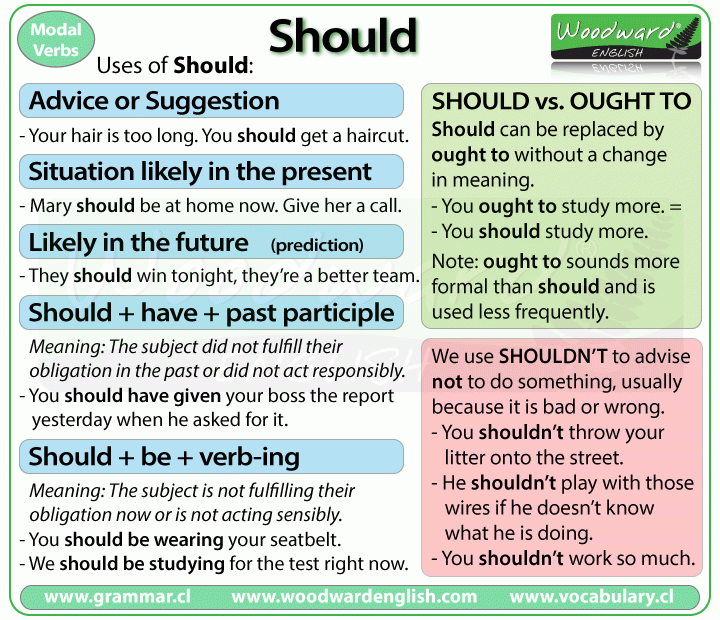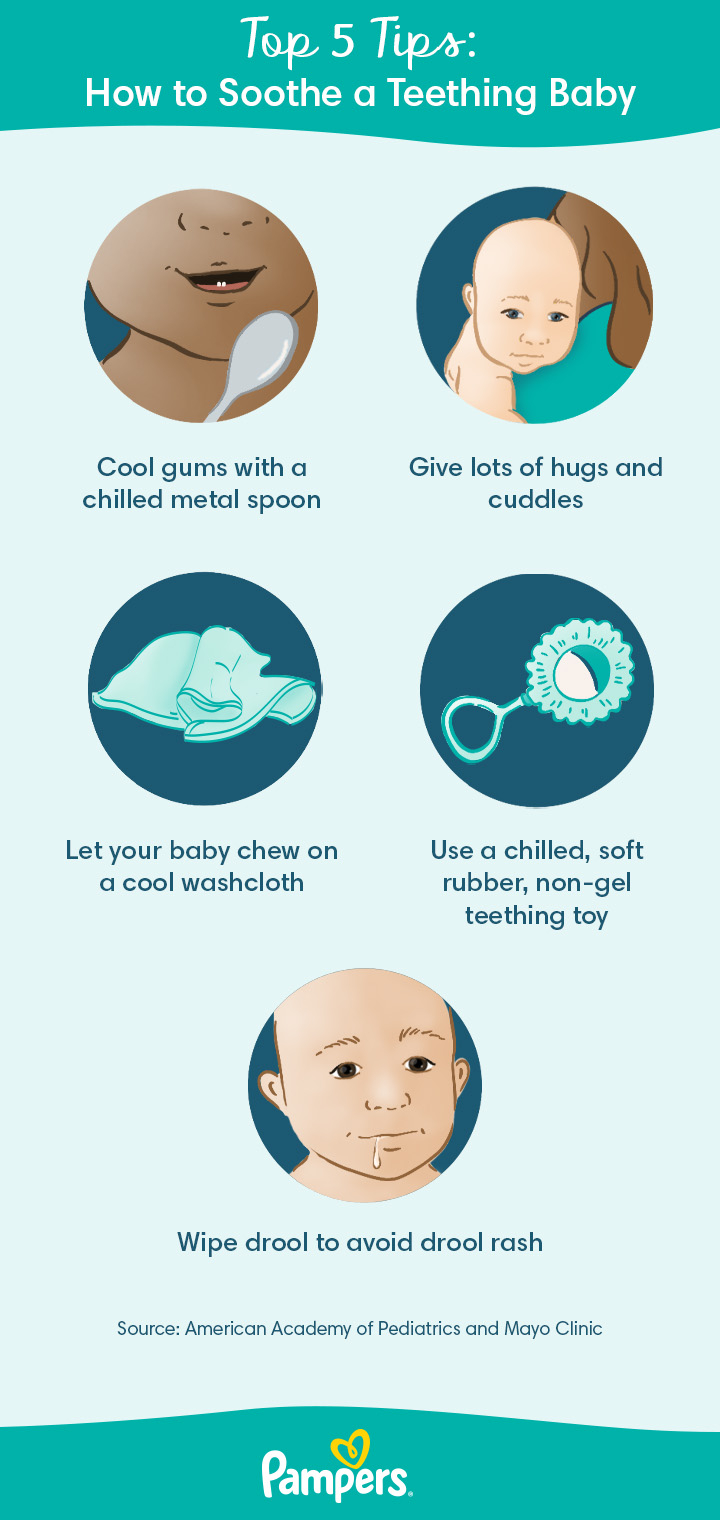When Should Baby Start Rolling Over
Are you eagerly waiting for the moment when your baby starts rolling over? It’s a significant milestone in your baby’s development and a sign of their growing strength and coordination. Let’s dive into the details of when your baby should start rolling over and what to expect during this exciting time.
Knowledge
When should you expect your baby to start rolling over? Typically, babies start rolling over around 4 to 6 months of age. However, every baby is different, so some may start earlier, while others may take a little longer. It’s essential to remember that there is a wide range of what is considered normal when it comes to developmental milestones like rolling over.
What are the signs that your baby is ready to start rolling over? Your baby will first learn to roll from tummy to back before mastering the back to tummy roll. You may notice your baby pushing up on their arms during tummy time and kicking their legs while lying on their back. These are indications that your baby is building the strength and coordination needed to roll over.
How can you help your baby learn to roll over? Providing plenty of supervised tummy time is crucial for helping your baby develop the muscles needed for rolling over. Place toys just out of reach to encourage your baby to reach and eventually roll over. Avoid leaving your baby unattended on elevated surfaces or soft bedding to prevent accidents.
What if your baby is not rolling over yet? If your baby has not started rolling over by 6 months, it’s a good idea to discuss your concerns with your pediatrician. While every baby develops at their own pace, delayed milestones could sometimes be a sign of an underlying issue that may need further evaluation.
Conclusion
In conclusion, the milestone of rolling over is an exciting time for both you and your baby. By understanding when to expect your baby to start rolling over, recognizing the signs of readiness, and providing opportunities for practice, you can support your baby’s development in this area. Remember, every baby is unique, so try not to compare your baby’s progress to others. Celebrate each milestone as it comes and enjoy watching your baby grow and learn.
For new parents, the journey of watching your baby reach developmental milestones like rolling over is incredibly rewarding. Understanding the typical timeline for rolling over can help you feel more informed and prepared as you support your baby’s growth. Keep in mind that every baby develops at their own pace, so be patient and encouraging as your little one works towards mastering this exciting skill.






